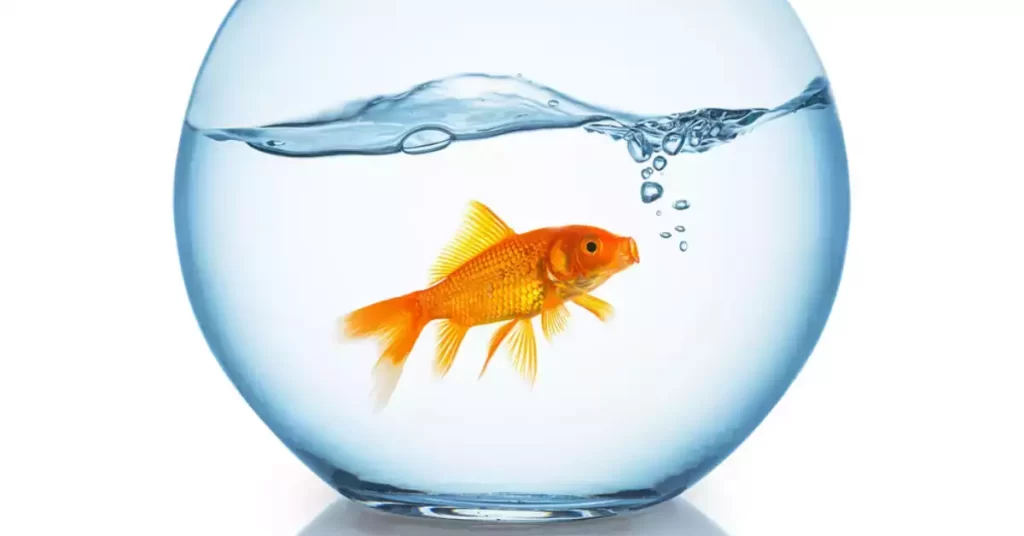Most people are familiar with the notion of boredom and how it affects our daily lives, but have you ever wondered if fish can get bored too?
In this comprehensive guide, we’ll delve into this intriguing question, exploring the emotional and cognitive complexities of fish, the factors that contribute to boredom, and how to ensure a stimulating environment for our aquatic friends.
The Cognitive Abilities of Fish
Do Fish Have Emotions?
Many people assume that fish are simple creatures without emotions, but recent research has shown that fish do possess cognitive abilities and can exhibit a range of emotions, including boredom.
Learning and Memory in Fish
Fish are capable of learning and remembering, as demonstrated by their ability to navigate complex environments, recognize other individuals, and even learn from the experiences of their peers.
The Role of Environmental Factors
Physical Surroundings and Boredom
The likelihood of fish experiencing boredom can be influenced by their physical surroundings.
Fish housed in small, barren tanks are more likely to exhibit signs of boredom compared to those in larger, more enriched environments.
Social Interaction and Boredom
Fish are social animals, and the absence of social interaction can contribute to boredom. Solitary fish may become listless and inactive, highlighting the importance of providing appropriate social companions.
Signs of Boredom in Fish
Changes in Activity Levels
A bored fish may display changes in its activity levels, such as swimming in circles, lingering near the surface, or remaining still for extended periods.
Stress and Health Issues
Boredom can lead to stress, which can manifest as physical symptoms such as poor coloration, weakened immune systems, and increased susceptibility to disease.
Enriching Your Fish’s Environment
Providing a Complex Habitat
One way to alleviate boredom in fish is to provide a complex habitat with various structures, hiding spots, and plant life, giving them plenty of opportunities to explore and engage with their surroundings.
Rotating Toys and Decorations
Introducing new toys and decorations to your fish’s environment and rotating them periodically can help maintain interest and prevent boredom.

The Importance of Social Interaction
Choosing Compatible Tank Mates
Selecting compatible tank mates is crucial for providing social stimulation and preventing boredom in fish.
Be sure to research the specific needs and preferences of your fish species before introducing new tank mates.
Monitoring Fish Behavior
Keep an eye on your fish’s behavior to ensure they are interacting positively and not exhibiting signs of stress or boredom.
Promptly address any issues that arise to maintain a healthy, harmonious tank.
Most people are familiar with the notion of boredom and how it affects our daily lives, but have you ever wondered if fish can get bored too?
In this comprehensive guide, we’ll delve into this intriguing question, exploring the emotional and cognitive complexities of fish, the factors that contribute to boredom, and how to ensure a stimulating environment for our aquatic friends.
The Cognitive Abilities of Fish
Do Fish Have Emotions?
Many people assume that fish are simple creatures without emotions, but recent research has shown that fish do possess cognitive abilities and can exhibit a range of emotions, including boredom.
Learning and Memory in Fish
Fish are capable of learning and remembering, as demonstrated by their ability to navigate complex environments, recognize other individuals, and even learn from the experiences of their peers.
The Role of Environmental Factors
Physical Surroundings and Boredom
The likelihood of fish experiencing boredom can be influenced by their physical surroundings. Fish housed in small, barren tanks are more likely to exhibit signs of boredom compared to those in larger, more enriched environments.
Social Interaction and Boredom
Fish are social animals, and the absence of social interaction can contribute to boredom. Solitary fish may become listless and inactive, highlighting the importance of providing appropriate social companions.
Signs of Boredom in Fish
Changes in Activity Levels
A bored fish may display changes in its activity levels, such as swimming in circles, lingering near the surface, or remaining still for extended periods.
Stress and Health Issues
Boredom can lead to stress, which can manifest as physical symptoms such as poor coloration, weakened immune systems, and increased susceptibility to disease.
Enriching Your Fish’s Environment
Providing a Complex Habitat
One way to alleviate boredom in fish is to provide a complex habitat with various structures, hiding spots, and plant life, giving them plenty of opportunities to explore and engage with their surroundings.
Rotating Toys and Decorations
Introducing new toys and decorations to your fish’s environment and rotating them periodically can help maintain interest and prevent boredom.
The Importance of Social Interaction
Choosing Compatible Tank Mates
Selecting compatible tank mates is crucial for providing social stimulation and preventing boredom in fish. Be sure to research the specific needs and preferences of your fish species before introducing new tank mates.
Monitoring Fish Behavior
Keep an eye on your fish’s behavior to ensure they are interacting positively and not exhibiting signs of stress or boredom. Promptly address any issues that arise to maintain a healthy, harmonious tank.
FAQs
How can I tell if my fish is bored?
Look for changes in activity levels, such as swimming in circles, lingering near the surface, or remaining still for extended periods. Also, watch for signs of stress, which may indicate boredom.
Can boredom affect a fish’s health?
Yes, boredom can lead to stress, which can manifest as physical symptoms such as poor coloration, weakened immune systems, and increased susceptibility to disease.
What can I do to prevent boredom in my fish?
Provide a complex, enriched environment with various structures, hiding spots, and plant life. Rotate toys and decorations periodically and ensure appropriate social interaction with compatible tank mates.
Conclusion
Fish, like humans, are capable of experiencing boredom, and it’s essential to recognize the signs and take action to prevent it.
By providing a stimulating environment, appropriate social companions, and monitoring their behavior, you can help ensure the well-being and happiness of your aquatic friends.